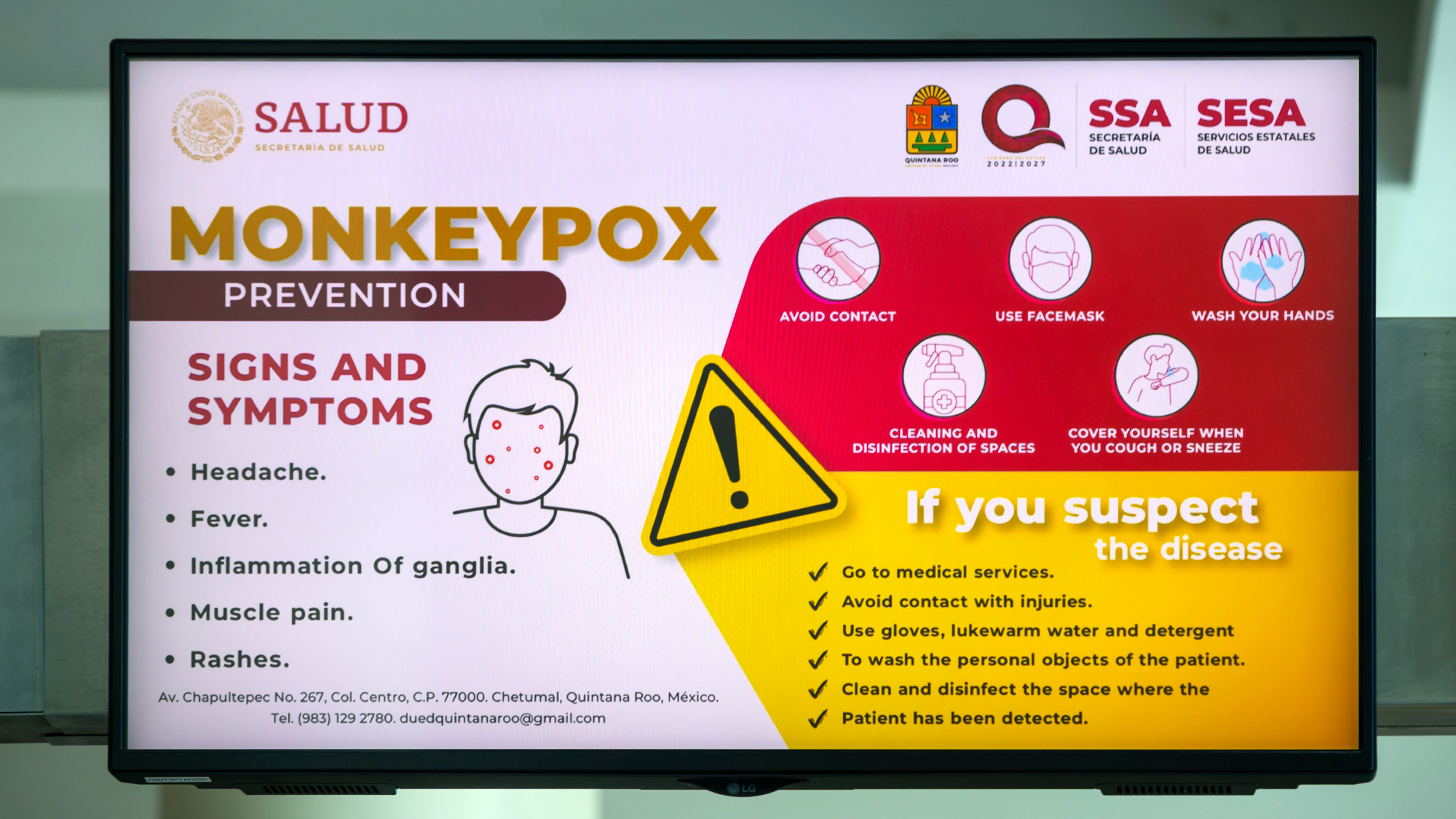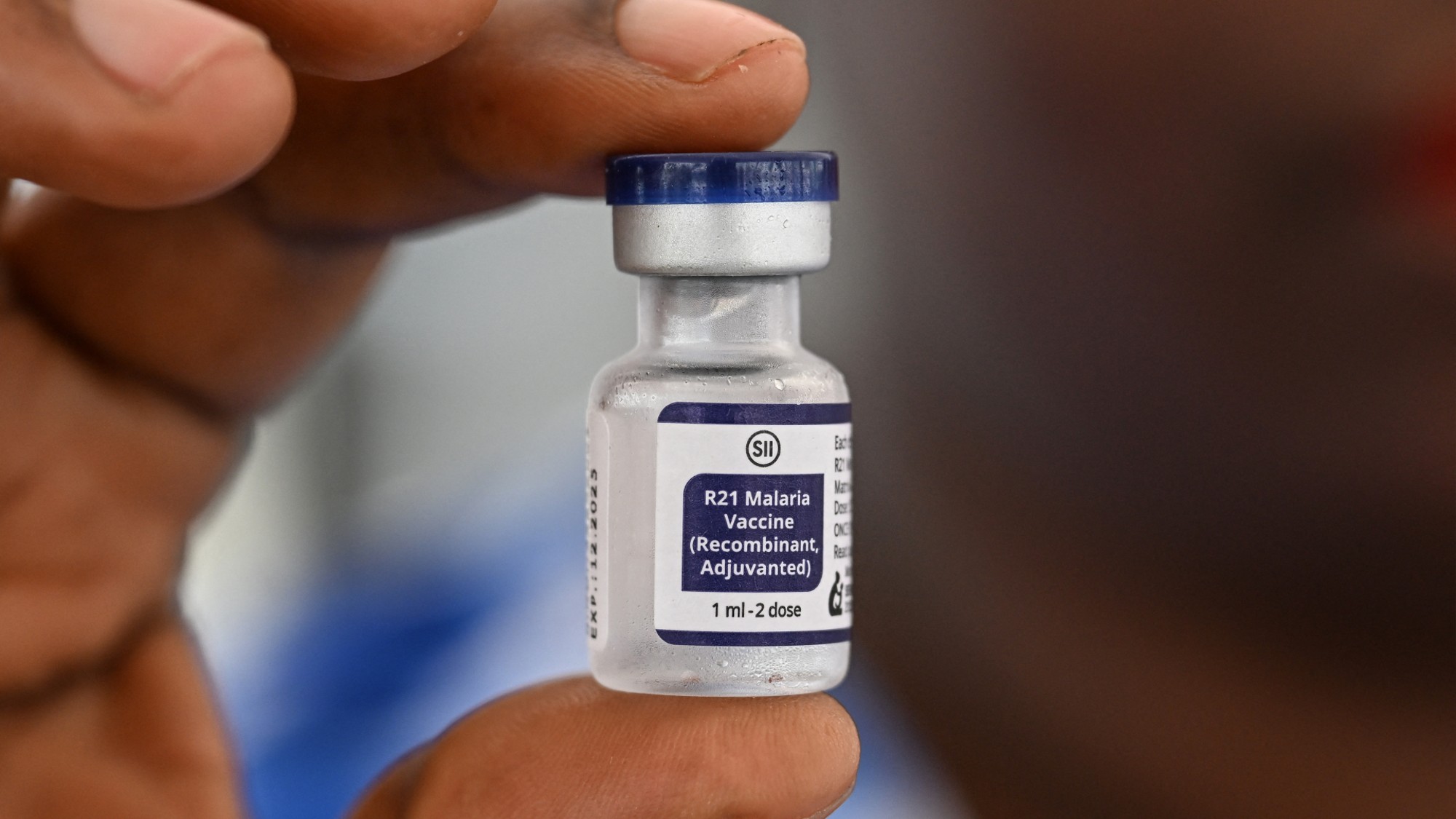10,000 steps and the other health rules that aren’t what they seem
We may need to take fewer steps than we think to keep our hearts healthy, according to a new study

A free daily email with the biggest news stories of the day – and the best features from TheWeek.com
You are now subscribed
Your newsletter sign-up was successful
When it comes to cardiovascular health, 10,000 steps a day has long been touted as the magic number – until now.
New research has shown that walking even just a quarter of that amount could reduce our risk of heart disease and stroke. According to a study published in the European Journal of Preventive Cardiology, walking as few as 2,337 steps a day has been shown to substantially reduce the risk of dying from cardiovascular disease.
And if the number of steps was increased to just 3,967, then the risk of dying from any disease could be lowered. Health benefits are gained for every additional 1,000 steps walked a day, but even walking an extra 500 steps a day could reduce the risk of heart disease in some sedentary people by up to 7%.
The Week
Escape your echo chamber. Get the facts behind the news, plus analysis from multiple perspectives.

Sign up for The Week's Free Newsletters
From our morning news briefing to a weekly Good News Newsletter, get the best of The Week delivered directly to your inbox.
From our morning news briefing to a weekly Good News Newsletter, get the best of The Week delivered directly to your inbox.
The study, the largest of its kind, was conducted by researchers from the Medical University of Lodz, Poland, and the Ciccarone Center for the Prevention of Cardiovascular Disease at Johns Hopkins University School of Medicine in Baltimore, US. It recorded the daily activity of 226,889 people across the UK, the US, Norway and Australia.
The 10,000-a-day step goal is merely an “arbitrary figure conjured up by a Japanese company marketing a pedometer in the 1960s”, said The Times.
Here, The Week takes a look at some other health rules that may need closer examination.
1. You don’t need eight glasses of water a day
This is a particularly persistent myth that has long been refuted. In a report published by the British Medical Journal in 2011, Margaret McCartney, a Glasgow GP, said the idea that we need to drink eight glasses of water a day was “not only nonsense, but thoroughly debunked nonsense”.
A free daily email with the biggest news stories of the day – and the best features from TheWeek.com
And more recently, Herman Pontzer, professor of evolutionary anthropology and global health at Duke University, admitted that when it comes to this advice, “people have been kind of making it up”.
Our individual requirements for water depend on factors “such as age, build and physical activity levels” and the arbitrary eight glasses a day goal “doesn’t account for fluid in food such as fruit, veg, soups and sauces, or other drinks including coffee or tea”, said The Times.
2. But five servings of fruit and veg a day is not enough
The greatest health benefits came from eating ten portions of fruit and vegetables a day – far higher than the government-recommended amount of just five servings – according to a meta-analysis conducted by researchers at Imperial College London.
The World Health Organization (WHO) says that eating five servings of fruit and vegetables a day – roughly 400g – is the minimum amount required to reduce the risk of serious health problems, such as heart disease, stroke and cancer.
3. Sugar-free foods aren’t necessarily better for you
Not everything that’s labelled “sugar-free” is necessarily better for you, according to Louise Pyne, a nutritionist who spoke to The Sun. That’s because sugar-free and low-fat foods are “often replaced with sweeteners and preservatives”. So in many cases opting for full-fat alternatives might actually be a wiser choice. If you’re choosing a yoghurt, for example, “go for a full-fat Greek version and add fresh fruit to sweeten”, she told the paper.
4. And probiotics won’t improve your gut health
Probiotics are beneficial live bacteria and yeast that are found in foods such as yoghurt, kefir, kombucha, kimchi and natto. Probiotic supplements are also sold in many popular health stores, but their benefits are only proven to be effective in limited cases, such as “easing symptoms of irritable bowel syndrome”, according to Dr Hazel Wallace, nutritionist and author of “The Female Factor”, who spoke to The Guardian. There is “currently no convincing evidence to suggest that taking a probiotic will benefit healthy people who don’t have gut issues”, she told the paper.
Gut health can be better supported by eating a diverse diet, rich in plant-based foods such as nuts, seeds, wholegrains, pulses, herbs and spices, added Wallace.
5. Sitting isn’t ‘the new smoking’ but does carry risks
You’ve probably heard the saying “sitting is the new smoking”. But the two can’t really be compared, pharmacist Carolina Goncalves told the i news site. The health risks of sitting for extended periods are “generally less severe than those attributed to smoking”, which can cause DNA damage and impaired immune function, among other harms. Being sedentary, however, “becomes a health risk when it is excessive and displaces time that could be spent engaging in physical activity”.
But if you’re sitting for a long time throughout the day, it’s a good idea to take breaks and stand up frequently. Researchers at Glasgow Caledonian University found that standing up every 30 minutes can help to reduce sitting time by 40 minutes a day. In turn, that can reduce the chances of getting diseases like type 2 diabetes and heart disease.
Sorcha Bradley is a writer at The Week and a regular on “The Week Unwrapped” podcast. She worked at The Week magazine for a year and a half before taking up her current role with the digital team, where she mostly covers UK current affairs and politics. Before joining The Week, Sorcha worked at slow-news start-up Tortoise Media. She has also written for Sky News, The Sunday Times, the London Evening Standard and Grazia magazine, among other publications. She has a master’s in newspaper journalism from City, University of London, where she specialised in political journalism.
-
 Local elections 2026: where are they and who is expected to win?
Local elections 2026: where are they and who is expected to win?The Explainer Labour is braced for heavy losses and U-turn on postponing some council elections hasn’t helped the party’s prospects
-
 6 of the world’s most accessible destinations
6 of the world’s most accessible destinationsThe Week Recommends Experience all of Berlin, Singapore and Sydney
-
 How the FCC’s ‘equal time’ rule works
How the FCC’s ‘equal time’ rule worksIn the Spotlight The law is at the heart of the Colbert-CBS conflict
-
 Mystery illness spreading in Congo rapidly kills dozens
Mystery illness spreading in Congo rapidly kills dozensSpeed Read The World Health Organization said 53 people have died in an outbreak that originated in a village where three children ate a bat carcass
-
 America is leaving WHO. What does that mean for public health?
America is leaving WHO. What does that mean for public health?Today's Big Question Trump orders the withdrawal
-
 No more bugging: how Egypt became certified malaria-free
No more bugging: how Egypt became certified malaria-freeUnder the radar It was a century-long effort
-
 Baby food is not as healthy as it should be
Baby food is not as healthy as it should beUnder the Radar Labels are leaving things out. And brands are highlighting only what they want to.
-
 Mpox: how dangerous is new health emergency?
Mpox: how dangerous is new health emergency?Today's Big Question Spread of potentially deadly sub-variant more like early days of HIV than Covid, say scientists
-
 WHO declares mpox a global health emergency
WHO declares mpox a global health emergencySpeed Read An outbreak of the viral disease formerly known as monkeypox continues to spread in Africa
-
 Have we defeated malaria?
Have we defeated malaria?The Explainer Roll-out of low-cost vaccine means a world free from disease that claims 600,000 lives a year 'finally within sight'
-
 Pharmaceutical companies are warning of a rise in knockoff drugs
Pharmaceutical companies are warning of a rise in knockoff drugsUnder the Radar The World Health Organization is also urging consumers to be cautious